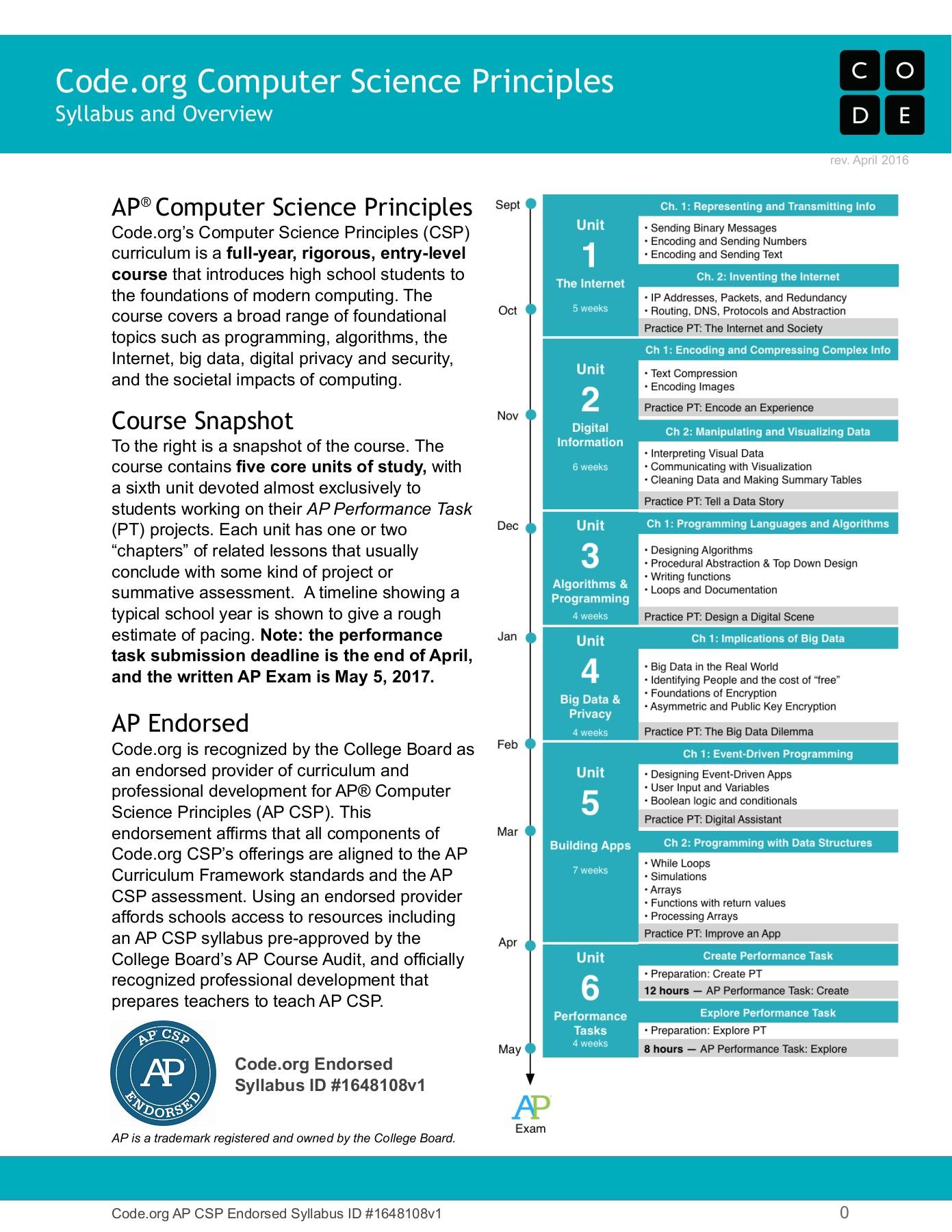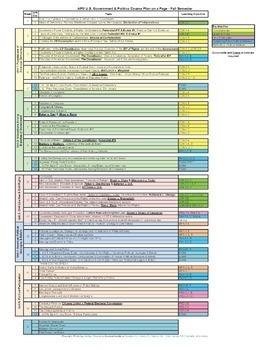AP Curriculum Guide: Everything You Need to Excel in Advanced Placement Courses
Advanced Placement (AP) courses offer high school students the chance to challenge themselves academically and earn college credit. But navigating the AP curriculum can feel overwhelming without the right guidance. Our comprehensive AP Curriculum Guide is designed to help students, parents, and educators understand what AP courses entail, key benefits, and how to maximize your performance. Whether you’re new to AP classes or aiming for top scores, this guide covers essential information in an easy-to-follow format.
What Is the AP Curriculum?
The AP (Advanced Placement) curriculum is a series of college-level courses and exams offered by the College Board in various subjects. These courses are typically more rigorous than standard high school classes, focusing on in-depth content mastery and critical thinking. Each AP course culminates in an AP exam, which can lead to college credit or advanced placement in college classes, depending on your score.
Key Features of AP Curriculum
- College-Level Rigor: Designed to mimic introductory college courses.
- Wide Subject Range: Includes STEM, humanities, languages, and arts.
- Exam-Based Assessment: Typically a 2-3 hour exam with multiple-choice and free-response sections.
- Credit Opportunities: College credit or placement may be awarded for high exam scores.
Popular AP Courses and Curriculum Breakdown
The AP curriculum spans over 30 subjects. Here’s a quick overview of some of the most popular AP courses, including core topics covered:
| AP Course | Primary Curriculum Topics | Skills Developed |
|---|---|---|
| AP Biology | Ecology, Cell Biology, Genetics, Evolution | Scientific inquiry, data analysis, lab skills |
| AP Calculus AB | Limits, Derivatives, Integrals, Fundamental Theorem | Problem-solving, analytical thinking |
| AP English Literature | Literary analysis, poetry, prose, drama | Critical reading, essay writing |
| AP U.S. History | Colonial America, Civil War, Civil Rights Movement | Historical analysis, evidence-based writing |
| AP Psychology | Behavioral sciences, cognition, development | Scientific method, understanding human behavior |
Why Choose AP Classes? Benefits of Following the AP Curriculum
Taking AP courses comes with many advantages for ambitious students. Here’s why incorporating AP curriculum into your high school journey pays off:
Benefits of the AP Curriculum
- College Credit & Cost Savings: Earn college credits early and reduce tuition fees.
- College Admissions Advantage: Stand out in competitive college applications by showing rigorous coursework.
- Improved Academic Skills: Develop critical thinking, time management, and advanced writing skills.
- Positive GPA Impact: Weighted grades for AP courses can boost your GPA.
- Exploration of Interests: Discover passions across subjects before college.
Practical Tips for Success in the AP Curriculum
Succeeding in AP courses requires dedication and strategy. Here are some practical tips to help you excel:
Study and Time Management Tips
- Create a Study Plan: Break down AP topics weekly, revisiting challenging concepts regularly.
- Use Official Resources: Utilize College Board materials, past exams, and course frameworks.
- Practice Writing Essays: Many AP exams include essay sections – practice outlining and writing timed essays.
- Join Study Groups: Collaborate with peers for better understanding and motivation.
- Stay Consistent: Regular review beats last-minute cramming.
Leveraging Technology & Tools
- Online flashcards (Quizlet, Anki) for vocabulary and important concepts
- AP prep apps and YouTube channels for concept videos and tutorials
- Digital calendars to track test dates and assignment deadlines
Case Study: How Following a Structured AP Curriculum Boosted College Readiness
Student Profile: Emily, a high school junior, enrolled in five AP courses including Biology, English Literature, and U.S. History.
Strategy: Emily developed a detailed study schedule aligned with the AP curriculum content outlines and joined a peer study group.
Results: She scored 4s and 5s on all AP exams, earned six college credits, and received scholarship offers partly based on her rigorous academic profile.
This case illustrates how a clear understanding and disciplined approach to the AP curriculum can pave the way for academic success and college advantages.
Conclusion: Mastering the AP Curriculum for Academic Excellence
Understanding the AP curriculum is essential to unlocking the many opportunities AP courses provide. From gaining college credits to enhancing academic skills and strengthening college applications, the benefits are substantial. By following this AP Curriculum Guide, adopting effective study habits, and leveraging available resources, you can confidently navigate AP courses and exams and set yourself up for long-term success.
Ready to dive in? Start by selecting AP courses aligned with your interests and goals, then use this guide’s tips to stay organized and motivated throughout your AP journey.








